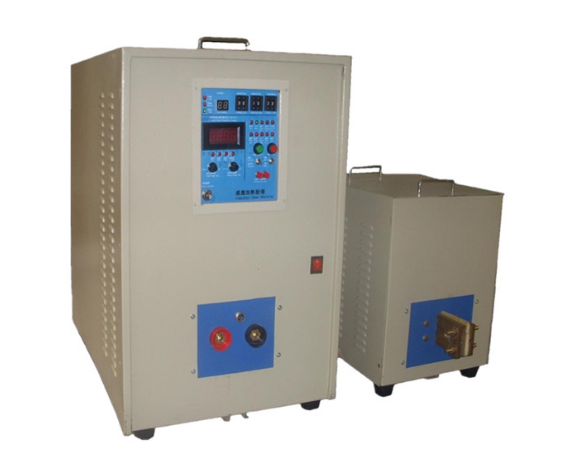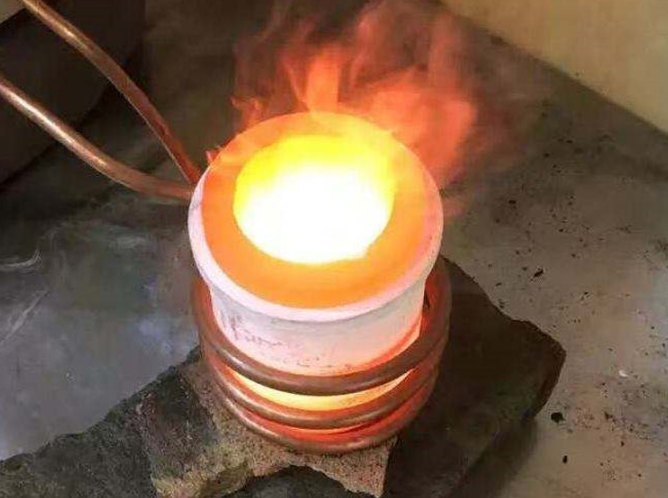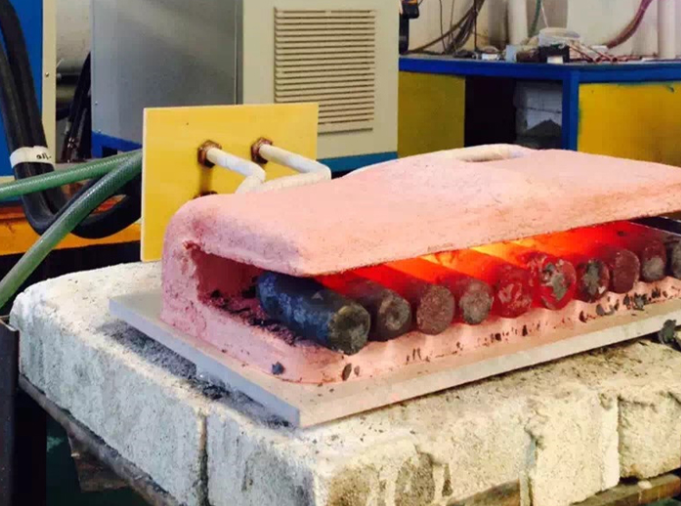High frequency induction heaters have found widespread applications in various industries due to their efficiency, versatility, and precise control over the heating process. These heaters utilize electromagnetic induction to generate heat in conductive materials, making them suitable for a wide range of heating, brazing, annealing, forging, and heat treatment processes. In this article, we will explore some of the common industrial applications of high frequency induction heaters.

Metal Heating and Hardening:
High frequency induction heaters are extensively used for metal heating and hardening processes in industries such as automotive, aerospace, and manufacturing. These heaters can rapidly and uniformly heat metals to specific temperatures, allowing for precise control over the heating process. Induction heating is commonly employed in applications like preheating before welding, post-weld heat treatment, localized heating for bending or shaping, and induction hardening of metal components such as gears, shafts, and bearings.
Brazing and Soldering:
Induction heaters are widely utilized in brazing and soldering applications that require joining two or more metal components using a filler material. High frequency induction heating provides fast and localized heating of the joint area, enabling the filler material to melt and flow to form a strong bond between the metal parts. Brazing and soldering with induction heaters offer advantages such as precise temperature control, reduced cycle time, improved joint quality, and the ability to automate the process for mass production.
Annealing and Stress Relieving:
The annealing process involves heating a material to a specific temperature and then slowly cooling it, resulting in improved ductility, reduced internal stresses, and enhanced mechanical properties. High frequency induction heaters are commonly used for annealing applications in industries like steel manufacturing, automotive, and aerospace. The heaters offer precise control over the heating and cooling rates, enabling the desired microstructural changes in the material. Induction heating is also employed for stress relieving, a process used to reduce residual stresses in components to improve their dimensional stability and prevent cracking.
Forging and Heat Treatment:
Forging is a process where metal is shaped and formed by applying compressive forces using dies or hammers. High frequency induction heaters machine are employed in forging operations to heat the workpiece rapidly and uniformly, enabling the material to be easily shaped and formed. Induction heating facilitates better control over the heating process, reduces scaling and oxidation, and minimizes energy consumption compared to traditional heating methods. Furthermore, high frequency induction heaters are utilized in heat treatment processes such as tempering, quenching, and annealing, which are crucial for achieving desired material properties like hardness, strength, and durability.
Surface Hardening and Case Hardening:
Surface hardening is a process that selectively hardens the surface of a material while retaining the desired properties of the core. High frequency induction heaters are widely employed for surface hardening applications, such as induction hardening and induction tempering. Induction hardening involves heating the surface of a component and then rapidly quenching it to achieve high hardness and wear resistance. Induction tempering is performed to reduce the brittleness of the hardened surface and improve its toughness. These processes are commonly used in industries like automotive, aerospace, and tooling for components such as gears, camshafts, crankshafts, and cutting tools.
Non-Destructive Testing (NDT):
High frequency induction heaters are utilized in non-destructive testing methods such as induction thermography. In this technique, the heater induces heat in the test material, and the heat flow is monitored to detect surface or subsurface defects or inconsistencies. Induction thermography is a valuable tool for quality control and inspection of materials, especially in industries like aerospace, automotive, and manufacturing.
These are just a few examples of the industrial applications of high frequency induction heaters. Their versatility, energy efficiency, precise control, and ability to automate the heating process make them indispensable in various manufacturing and processing industries. The specific application of an induction heater may vary depending on the material, component, and process requirements. It is essential to consult with experts and manufacturers to select the appropriate induction heating equipment for specific industrial applications.








